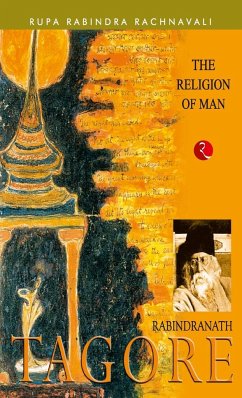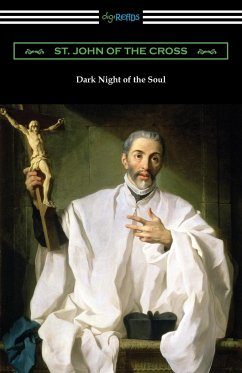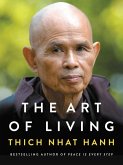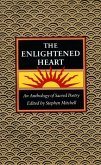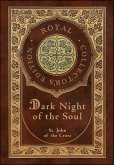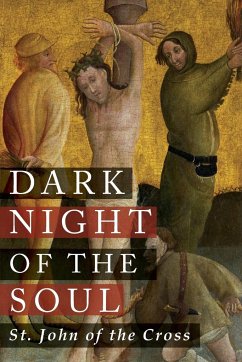Originally delivered as the Hibbert Lectures in Oxford in 1930, The Religion of Man (1931) is an extensive and commanding exposition of Rabindranath Tagore's understanding of the meaning and significance of religion in the cultural history of man. Tagore delivered these lectures when he was nearly seventy-years-old, they are born of experience, not theory.
Hinweis: Dieser Artikel kann nur an eine deutsche Lieferadresse ausgeliefert werden.
Hinweis: Dieser Artikel kann nur an eine deutsche Lieferadresse ausgeliefert werden.

